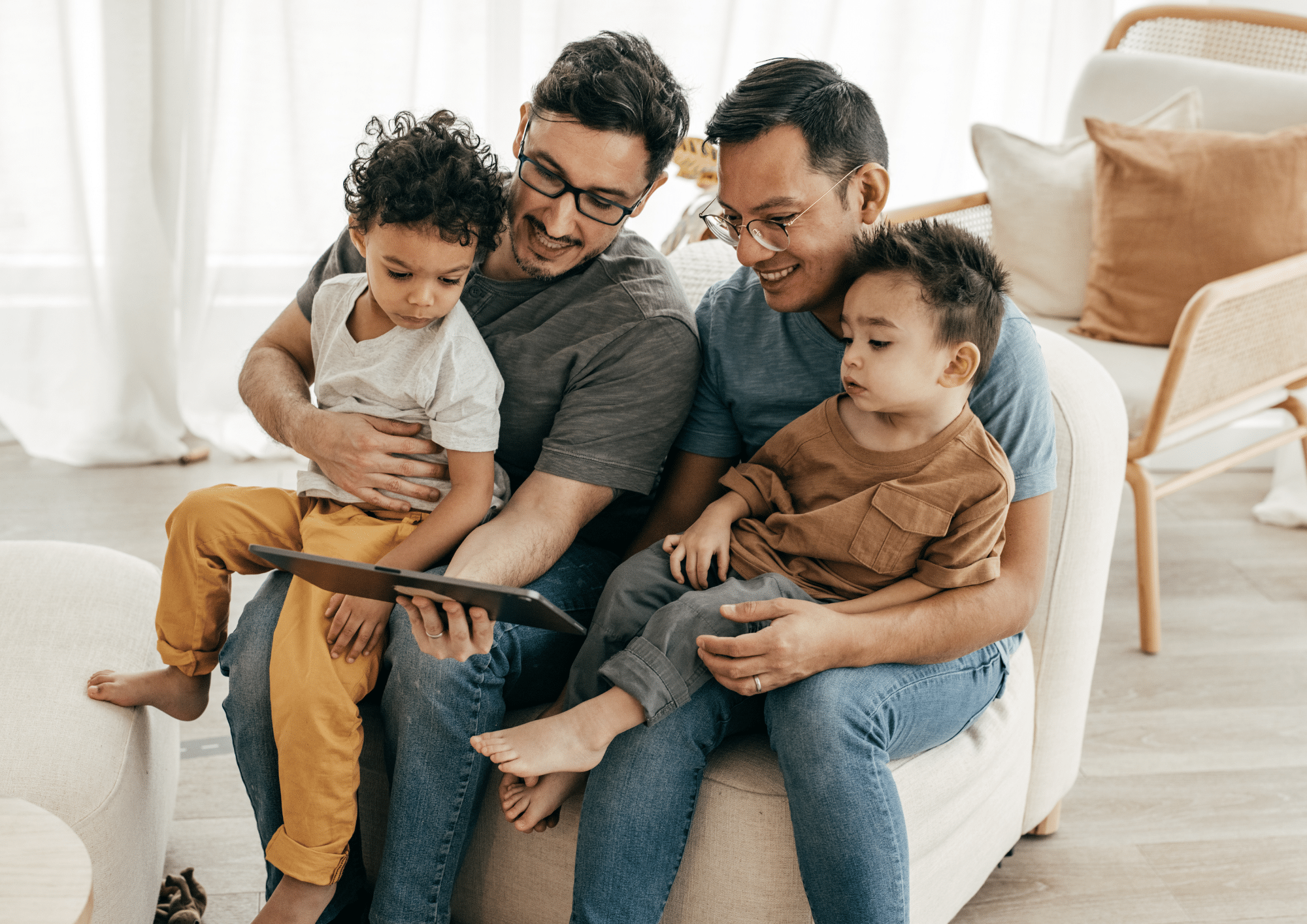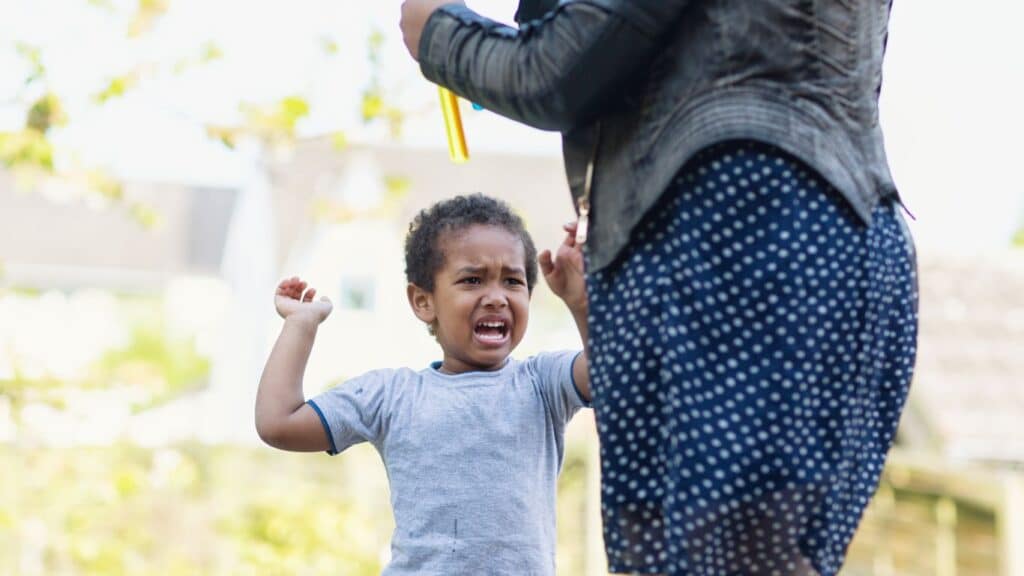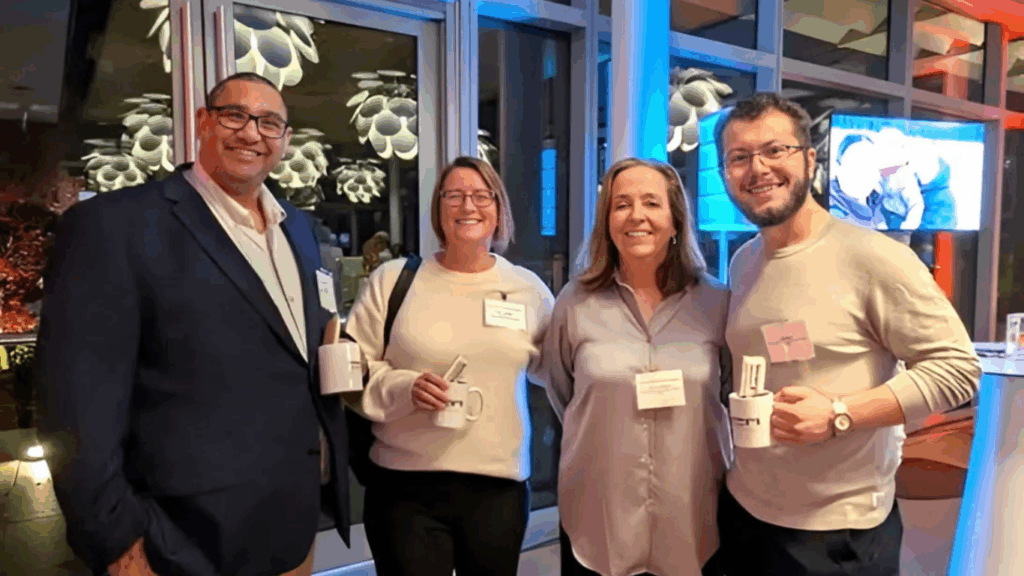How our Facebook groups support adoptive and permanency families
We have Facebook groups for waiting parents, families with complex support needs, 2SLGBTQIA+ families, parents of Indigenous children, and adoptive and permanency parents.
These groups are incredible places where people from all over BC with connections to adoption and permanency can gather and connect. They’re private and confidential, creating a space where people can feel safe and be honest.
Ever since COVID, it’s been difficult for people to gather in person. Our Facebook groups have become even more important during this time, especially as we’ve moved most of our services online.
These groups primarily serve as platforms for peer support, where members can post questions and receive responses from others in the community. Moderated by our Family Support team, the groups are well-managed and foster meaningful conversations. Our team shares articles, training opportunities, and advice, ensuring members feel supported while respecting their space.
We get a wide range of questions and stories in these groups. Here are a few examples (shared without identifying details to protect confidentiality):
- A member with adult children who wanted to adopt again, but their kids didn’t agree. They were unsure of what to do.
- A waiting parent seeking tried-and-true resources for adopting and raising teens.
- A family raising kids with intense support needs. They’d tried every resource they knew and wondered if the only option left was to put their child back in care. They were heartbroken, exhausted, and felt they had no one else to turn to without being judged.
These questions receive thoughtful and varied responses from the community. Members benefit from diverse perspectives and experiences, leading to encouragement, support, humor, and even reality checks – all delivered with kindness and generosity.
Even though we may not always see the long-term outcomes, it’s clear that these groups help members navigate challenging times. They provide resources, foster a sense of belonging, offer new perspectives, and support parents and caregivers in continuing to show up for their children in meaningful ways.
It’s just one way we’re making a real difference through the power of virtual community.





